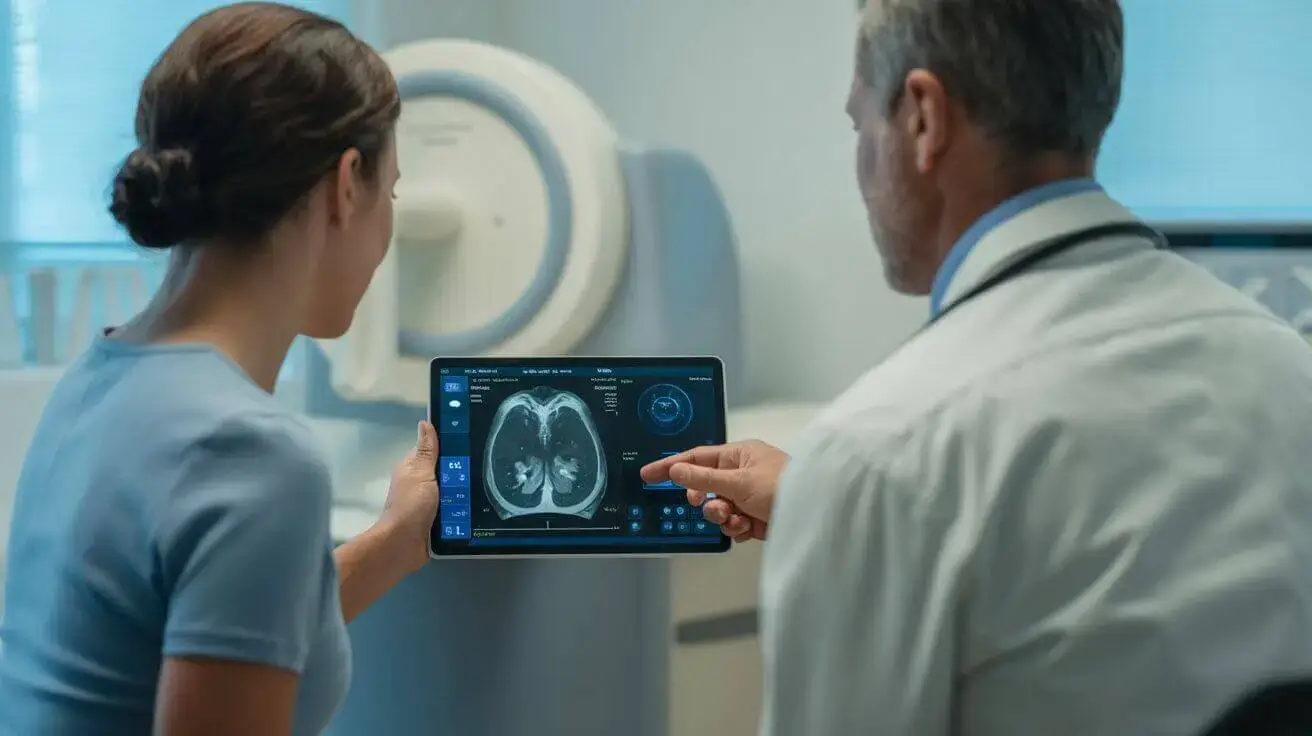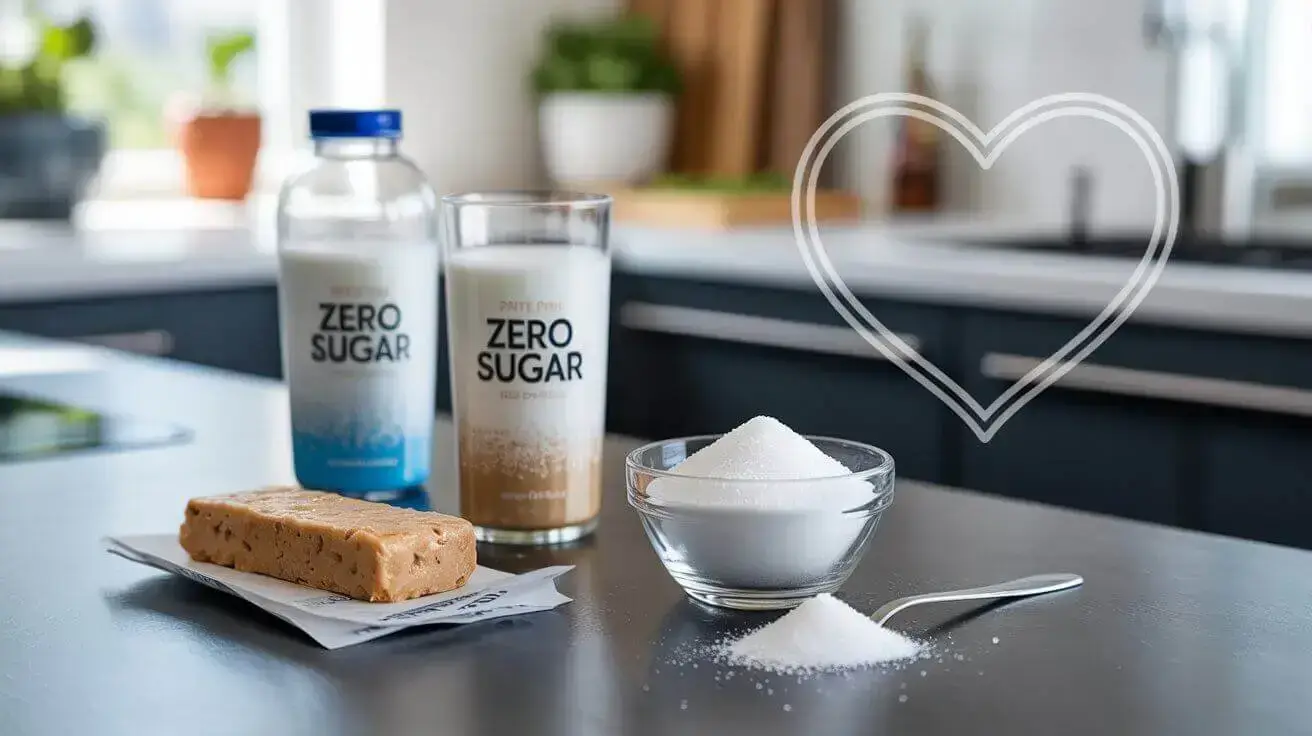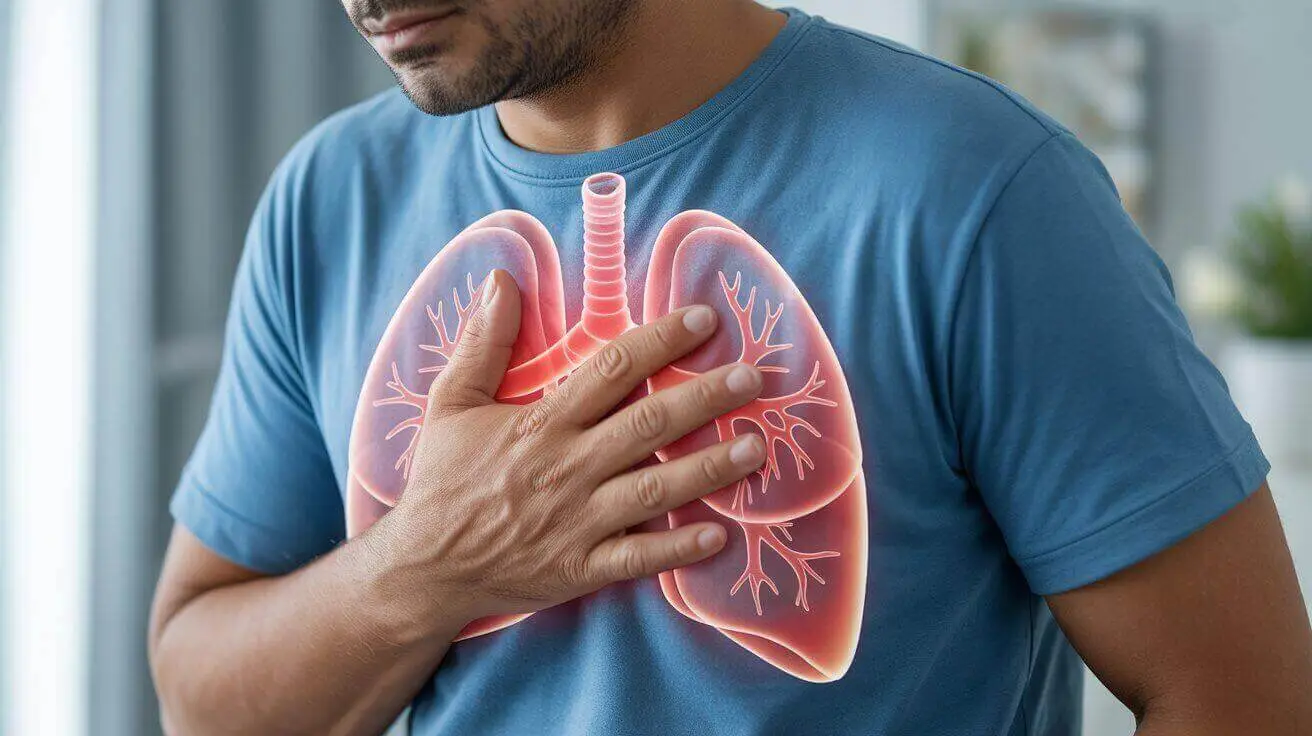Ever notice how that afternoon slump hits just when you need to be most productive? You reach for another coffee, blame the post-lunch crash, or wonder if you’re just getting older. But what if the real culprit might be something as simple as dehydration—and you’ve been missing the signs all along?
Here’s what might surprise you: those subtle signs of dehydration your body sends aren’t just about feeling parched. By the time that obvious thirst kicks in, you’re already playing catch-up. Your body has been whispering for water long before that dry-mouth moment arrives.
Medical experts have identified clear warning signals that most of us completely overlook. Understanding these dehydration symptoms isn’t about becoming a hypochondriac—it’s about gentle self-awareness that could unlock better energy and protect your heart and kidneys.
Why Your Body’s Hydration Signals Matter
Think of dehydration as your body saying, “Hey, I could use some backup!” When you lose more fluid than you take in, every system feels the ripple effect. Your heart, kidneys, brain, and muscles all depend on proper hydration to function effectively.
Dehydration is sneaky. It starts with symptoms so subtle you might blame being busy or stressed. But your body is giving you a gentle roadmap to better health.
7 Critical Dehydration Symptoms You Shouldn’t Ignore

1. Your Urine Color Tells the Real Story
Here’s your new best friend: the urine color test. Think of it as your body’s built-in hydration dashboard.
The color code:
•Pale yellow or clear? You’re crushing it!
•Dark yellow? Time to step up your water game
•Amber or honey-colored? Your body is sending a friendly SOS
•Orange to brown? This is your cue to seek help—no panic needed
2. That Mysterious Energy Crash
When dehydrated, your heart works harder pumping thicker blood. Imagine trying to sip a thick milkshake through a straw versus water—that’s the extra effort your heart deals with.
3. Headaches from Nowhere
Your brain is 75% water, so when hydration drops, it’s like your brain’s operating system runs slower. Less blood volume means less oxygen reaching your brain.
- Also read: Is lemon water really a health miracle—or just hype?
Discover what science actually says in Lemon Water Benefits: What Science Really Says.
4. Feeling Dizzy or Off-Balance
When dehydrated, your blood pressure drops because there’s less fluid in your system. Your brain temporarily doesn’t get needed blood flow.
5. Dry Mouth That Won’t Quit
This goes beyond feeling thirsty. When your body conserves water, saliva production drops. Your mouth feels sticky, swallowing becomes uncomfortable.
6. Skin That’s Lost Its Bounce
Simple test: pinch the skin on your hand’s back and let go. Normally, it snaps back like a rubber band. If it stays “tented,” your skin needs hydration.
7. Your Heart Starts Working Overtime
As dehydration progresses, heart rate increases, trying to maintain normal blood pressure with less fluid.
Recognizing Mild Dehydration Symptoms
Mild dehydration is like your body’s yellow traffic light—a friendly warning to pay attention. Even small fluid loss of 3-5% can impact how you feel.
Watch for early whispers:
•Slight increase in thirst
•Mild fatigue or that “blah” feeling
•Subtle mood changes or irritability
•Decreased urine output
•Light headache or trouble focusing
How Much Water Intake Daily Prevents Dehydration

There’s no magic number for everyone. Your water needs are unique, influenced by age, size, activity level, weather, and health conditions.
General guidelines:
•Men: About 15.5 cups of fluids daily
•Women: About 11.5 cups of fluids daily
This includes all fluids—water, other drinks, and water-rich foods.
You need extra water when exercising, in hot weather, with fever, vomiting, diarrhea, certain medications, or during pregnancy/breastfeeding.
When Dehydration Becomes a Gentle Concern
Most dehydration can be addressed by drinking more fluids, but some situations deserve calm attention: extreme thirst, confusion, rapid heartbeat, little to no urination for 8+ hours, or fainting.
Smart Hydration Choices
Water is your best friend, but you have options. Unsweetened beverages, water-rich foods, and milk all contribute to hydration. Just steer clear of sugary drinks and excessive caffeine.
Make it easier:
•Keep a water bottle within reach
•Start your day with water
•Set gentle reminders
•Add natural flavors like lemon
Your Body Is Talking—Are You Gently Listening?
Your body is incredibly smart and constantly communicating with you. Those subtle signs of dehydration aren’t random—they’re your internal systems asking for what they need to keep you feeling your best.
The beautiful thing about hydration is its elegant simplicity. No expensive supplements, no complicated routines—just paying gentle attention to your body’s signals and responding with water.
Start today with curiosity, not worry. Check your urine color, notice how you’re feeling, and remember that taking care of your hydration is taking care of your entire health.
Medical Disclaimer: This content is for educational purposes only and does not replace professional medical advice, diagnosis, or treatment. Always consult your physician or a qualified healthcare provider with any questions about a medical condition.
Medical References
Mayo Clinic.”Dehydration – Symptoms & causes.”
National Kidney Foundation. “Healthy Hydration and Your Kidneys.”










